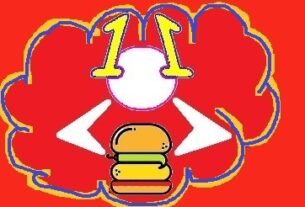Python code snippet is given below:
if <condition>:
print("Hello")
else:
print("World")
What’s the <condition> so that the code snippet prints “Hello World” ?
.
.
.
.
.
.
.
.
.
Solution:
The below program prints “Hello World”
if print("Hello", end =" "):
print("Hello")
else:
print("World")
Explanation:
Here, <condition> = print("Hello", end =" ")
In Python : print() function doesn't return anything (so it's None).
By default Python’s print() function ends with a newline. You can end a print statement with any character/string using this parameter. Let's see
# default end parameter '\n'
print("Hello")
print("World")
-- Output is --
Hello
World
# Now change end parameter value
# ends the output with a <space>
print("Hello " , end = ' ')
print("World" , end = ' ')
-- Output is --
Hello WorldNow, what is the output of below code?
print(print())
print("***")
print(print("Hello World"))
print("***")
print(print(print("Hello World")))
You will get
None *** Hello World None *** Hello World None None



